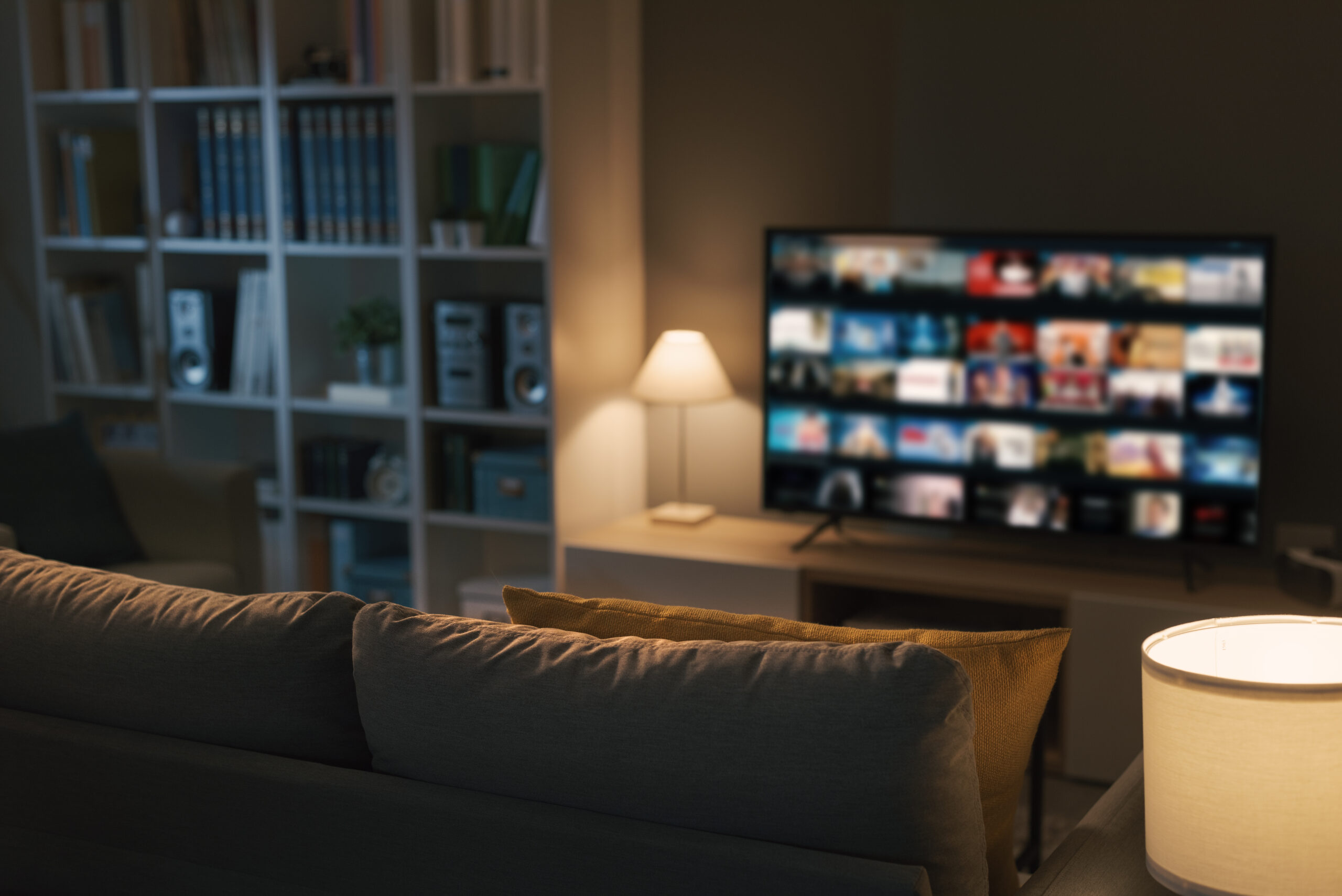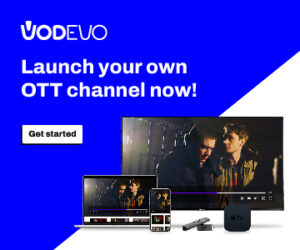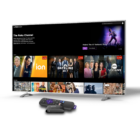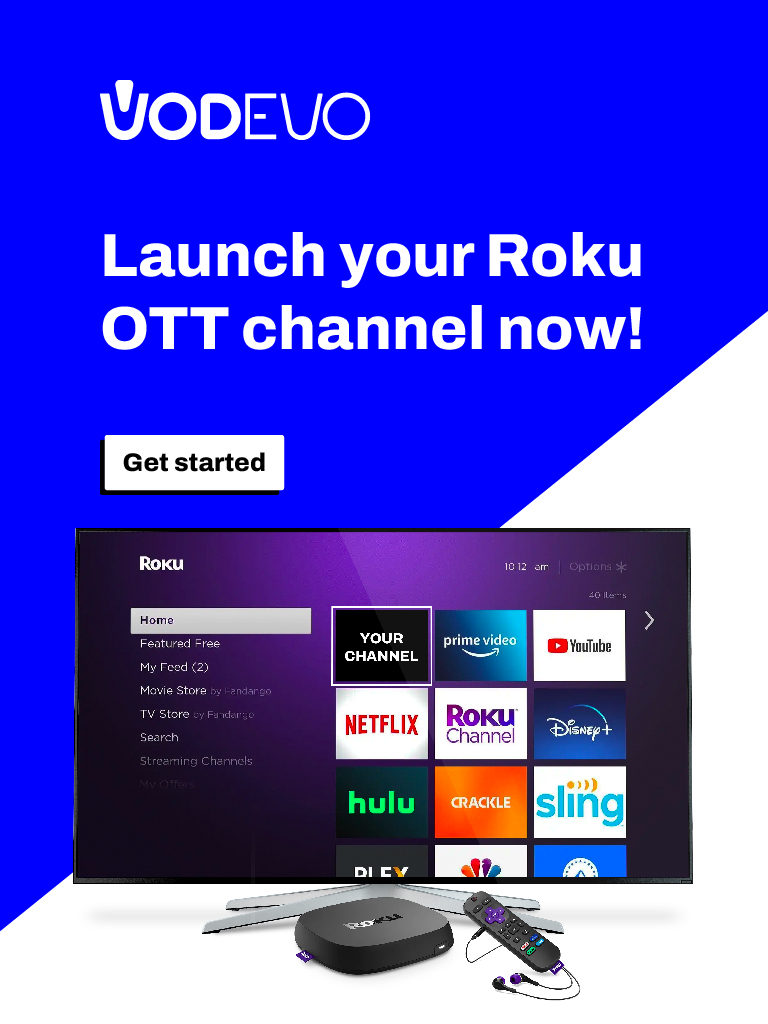LG and Samsung, the two giants of the TV market, have been immersed in this mindset for quite some time, and they will be even more so in the coming years.
Therefore, we can expect that the way we use the TV may change shortly, and quite significantly. But to be honest, we might even change the way we use the refrigerator.
LG Channels
LG Channels: €700 million investment Last week, LG’s CEO, William Cho, presented the company’s new business strategy and announced a €700 million investment over five years to enhance the LG Channels platform.
Currently, this platform has 48 million users in 29 countries worldwide, while last year it had 20 million users in 25 countries.
This is a free service available since 2019, starting with the WebOS 4.5 operating system, which initially offered 20 free Internet channels. Today, it provides access to over 100 channels, including many in Italian.
LG Channels is available on all recent Smart TVs equipped with the WebOS operating system, not only on LG TVs but also on TVs from approximately 200 manufacturers who have licensed it since 2022.
From TV manufacturers to advertising distributors, this represents the future of global Big Tech companies, as they now focus not only on selling increasingly advanced hardware but also on providing services that can be offered to users through that hardware. They aim to sell or, even better, “give away” these services in exchange for the users’ exposure to some advertising.

According to LG, the LG Channels platform is destined to move beyond traditional TVs and enter other devices as well. In fact, any device with a screen in the future, from laptops to smart refrigerators, will be able to display the free content with advertising from LG Channels.
Samsung TV Plus: 90 channels already available
Clearly, the trend of transforming from a company that produces hardware to a platform that distributes content in exchange for advertising is not unique to LG. Samsung, which is the world’s largest TV manufacturer and a longstanding competitor, has also been involved in this venture for several years.
Their platform is called Samsung TV Plus, and it arrived in Italy in 2019, currently offering 90 channels in Italian and English. Just like its competing platform, Samsung TV Plus is also free but supported by advertising, and it is integrated with Samsung’s operating system, Tizen OS.
Samsung, also at the end of 2022, started licensing its operating system to other TV manufacturers, aiming to expand the number of devices capable of playing Samsung TV Plus content. Additionally, Samsung has extended the platform to other devices, such as the popular Samsung Family Hub smart refrigerators.
Smart Tv market:Will TVs be free?
There is a significant phenomenon underway in smart tv market. That is about to completely change the way we watch TV. Both Samsung and LG are transforming from mere TV manufacturers into advertising providers with direct access to millions and millions of viewers worldwide.
These viewers, clearly, are eager to watch premium content in exchange for occasional advertising, especially due to the continuous increase in monthly subscription prices for streaming platforms.
Other smaller (but certainly not insignificant) manufacturers like TCL, Hisense, and Sony have already launched their own “FAST” (Free Ad-supported Streaming Television) platforms and will seek to promote them as much as possible in the coming months.
Venturing into some predictions, it’s not far-fetched to consider that within a few years, lower-priced TV models might be provided on a free lease in exchange for consistent usage of their respective platforms. Alternatively, higher-priced models could be sold at a discount to those who opt-in for the offer.








